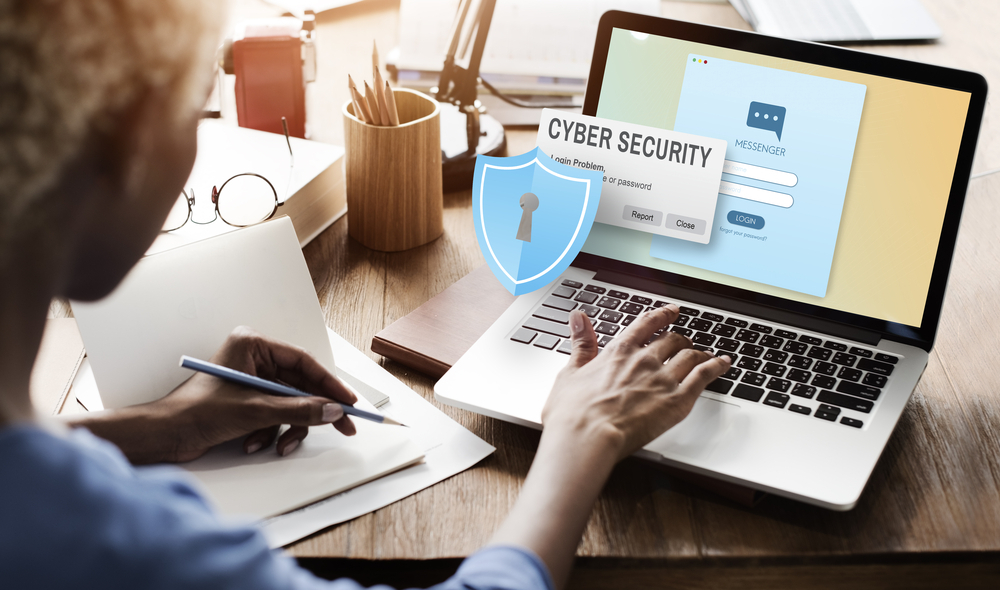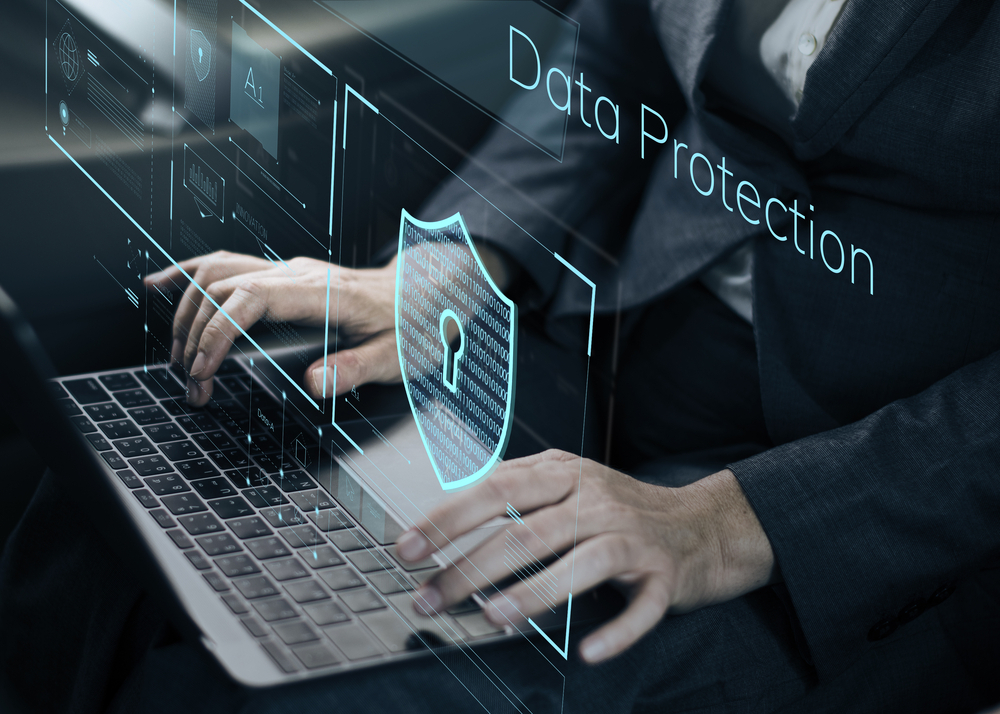18 FEBRUARY 2022
Mechanism of Cyber Security for Autonomous and Networked Systems

Global networking produces huge amounts of data that are constantly being exchanged provide such processes a target for unauthorized persons. This applies to global networks as well as so-called cyber-physical systems. These might be digital sectors, airports, or big data centers where different components interact and communicate with each other. Accordingly, we need measures that protect such systems against malicious attacks. This is what the term cyber security stands for.
Explanation to Understand Cyber Security
To understand what cyber security means, what threats and vulnerabilities it includes, we need to understand what cyberspace is. Cyberspace depicts a combination of all types of communication networks, databases, built-in processors, the Internet, and controllers for exchanging electronic documents. While the terms cyberspace and internet can be used interchangeably, they are part of cyberspace. Simply put, cyberspace is a connected Internet environment whereas cyber security is the way of protecting this cyberspace from malware attacks, illegal use of secure data, and any type of damage. Sometimes specific vulnerabilities that cannot be removed can hinder cyberspace.

Is Cyber Security Overlap with Network Security?
Cyber security and network security can be prominent by the reality that cyber security protects the data stored in a particular situation. On the contrary, network security is nothing more than providing data terminals that move across the network. Network security is part of cyber security, where network access to multiple hosts and their services is managed rather than focusing on personal host security.
The Serious Challenges Which Cyber Security Is Facing Right Now
Cyber-attacks are on the rise and target individuals as well as companies or States. The year 2017 will have seen a series of attacks on an unprecedented scale. After Wannacry, which reaches thousands of companies and public services including Renault factories and British health establishments, it is NotPetya which is spreading and causing billions of dollars of damage throughout the world.
When information systems are not updated, software flaws, unprotected connected objects, the Hackers take advantage of all technical vulnerabilities.
Faced with the development of these attacks, digital security is becoming a strategic issue, both at the level of citizens and States. On the laboratory side, researchers are analyzing malware to develop new security systems involving a super level of cyber security, while defense policies are being strengthened to fight cybercrime.
Industrial systems are changing profoundly with the spread of digital technology and the accompanying increase in communications (presence of sensors generating data, communications within and outside the company, etc.). In this context, cyber security is a major challenge for industrial companies. Over the years, industries have become increasingly connected and now face ever greater cyber security challenges. Driven by individual motivations, the attacks mainly target sensitive data and critical and essential services, resulting in serious losses, both financial and reputational, but also real disasters, due to the unavailability of critical infrastructure.
It is estimated that 80% of attacks could have been avoided by implementing simple actions, and most of these measures do not require implementation by information systems experts. Speakers and experts decipher the strategic and operational challenges of cyber security in the industry, the threats and attacks observed in New Aquitaine, as well as good practices, reflexes, and tools to protect yourself and react well.

Worldwide Focus Towards Cyber Security To Enhance Its Limitations
It is necessary to be able to detect the great diversity of highly professional attacks and know how to stop them. Cyber security providers are now consulting with their customers and investing closely with them to achieve the best possible security posture, implementing appropriate measures and performing thorough security tests to monitor such cyber-attacks. Additionally, experts are now creating a cyber security lifecycle that incorporates all the steps necessary to ensure the secure development, implementation, and operation of products and services.
Domestic and Western specialists in information security are in a single (so far) Internet space, they solve the same problems in the same ways. But there are also significant differences that must be taken into account when implementing the announced plans for the universal digitalization of our national economy. In the West, it is believed that if they did not obsessed with security, then close to it. If we talk about the public sector, then, just like 20 years ago, there are still few professionals there, and most of them are concentrated around the military-industrial complex. There, cunning employees trying to mine cryptocurrency on the mainframe of the nuclear center are at least caught, while in other places most information protection measures remain on paper, and officials and civil servants continue to actively use the banned Telegram and send documents via Gmail.
Security is not an economic category. It cannot be converted to currency. It is achieved by the education and training of people, the reliability of engineering solutions, the development of regulations, and their scrupulous observance. But when analyzing the state of information security in the country, you will have to remember about money.
One of the important criteria for assessing internal corporate information security risks is the level of wages, combined with the possibility for a company employee to gain unauthorized access to data. Worldwide, we have a problem that is typical for developing countries: low-level workers with a minimum wage have wide access to corporate resources, which they use for various frauds. The most common examples are the support staff of mobile operators who sell data about customers and their calls, as well as illegally issuing duplicate SIM cards to hack two-factor authentication systems.
A less well-known, but no less problematic area is bank employees stealing funds from "forgotten" customer accounts, for example, deceased pensioners. In small companies, copying a client base or confidential documents upon dismissal is generally ubiquitous and is not considered illegal by the employees themselves. This is largely due to the softness of justice.
Most companies, hoping for a chance, try to ignore information security problems until they suffer major and direct damage. You won’t cause direct damage to anyone, except for financial and e-commerce companies that store data on payment instruments, when data is stolen, banks and online stores at least sometimes think about information security. All the rest are not seriously engaged in information protection at all. Moreover, investments in strengthening the information security of billing and CRM systems, where leaks often come from, are required significant.
Our Latest Posts
We know IT. In fact, we wrote a blog on it.
Reasons why businesses need Network Firewall Security
Cyber security is a growing concern in this highly advanced age where protecting your business‘s crucial data is more important than ever.
Read MoreHow Cyber Security Advantageously Works for Business Enterprises
Day by day, cyber-crime is consistently increasing and various small business firms are highly becoming dangerous as a consequence of cyber security.
Read MoreWhat Is Cyber Security And How Does It Work?
Cyber security is the term that is vital for the tech-driven world. It is the essential layer of protection that helps companies preserve their confidentiality.
Read More